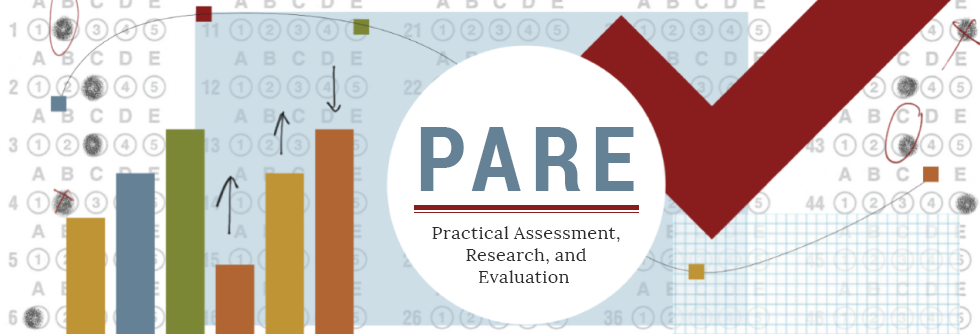Mind Mapping as a Pragmatic Solution for Evaluation: A Critical Reflection through Two Case Studies
Abstract
Funders of social interventions that address complex child and family welfare concerns for highly vulnerable populations are increasingly seeking cost-effective and rapid mixed method evaluations of their services. This paper describes a mind mapping approach that was used to collect valid and reliable qualitative data from large numbers of informants across two separate evaluation projects. The mind mapping approach provided a rapid, credible solution to the need to extract and summarize views from a diverse range of informants, and to gain consensus agreement on themes arising from the data. Through the use of two case studies to illustrate the application of the technique, we explore the advantages and disadvantages of the method and reflect upon the utility of mind mapping for quality improvement evaluation within the human services.
Keywords: human services, focus groups, qualitative, mind mapping
How to Cite:
Avdagic, E., May, F., McClean, T., Shackleton, F., Wade, C. & Healy, K., (2021) “Mind Mapping as a Pragmatic Solution for Evaluation: A Critical Reflection through Two Case Studies”, Practical Assessment, Research, and Evaluation 26(1): 5. doi: https://doi.org/10.7275/sqqw-ht68
Downloads:
Download PDF
View PDF
5095 Views
141 Downloads
